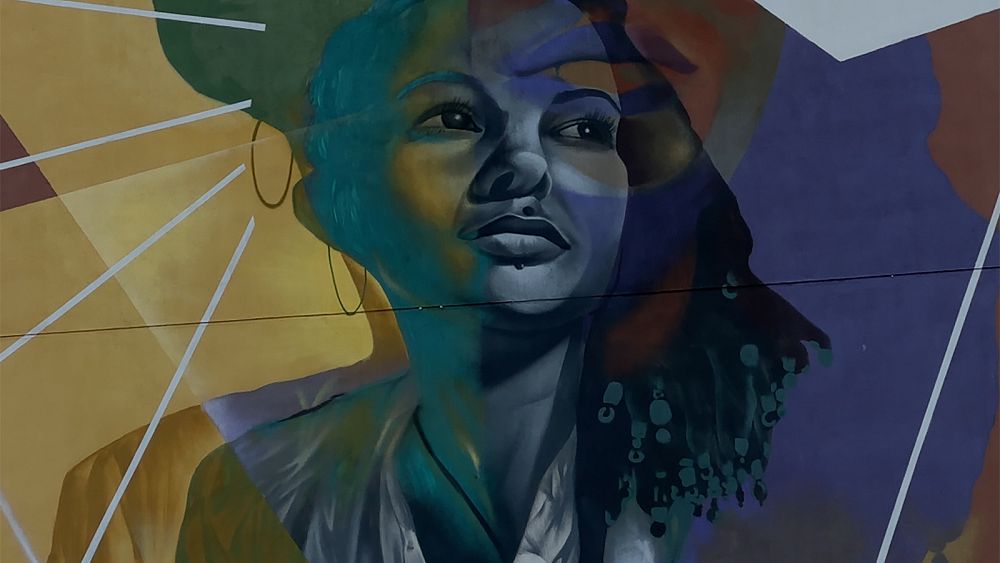
Spain has what is widely considered to be one of the European Union’s most advanced set of laws on gender-based violence, however, last year another 50 women were murdered by their partners. While that is below the European Union´s average, the figures in Spain have been consistent in the last few years.
But how does the law work in Spain, and what can be improved? In search of the answers, Euronews reporter Julián López travelled to the south of the country to meet experts in domestic abuse law and, most importantly, the women survivors of conjugal violence.
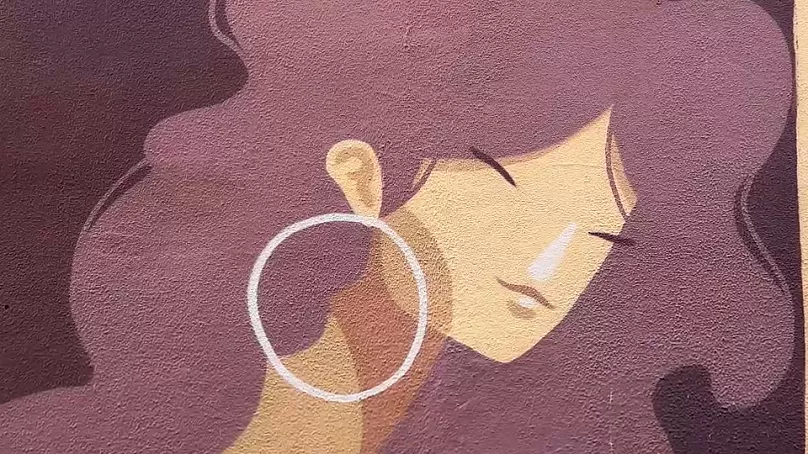
Breaking the silence
Macarena García Pérez was a victim of domestic violence for 23 years, at the hands of her husband, who beat her up for the first time on the eve of their wedding.
Describing the violence she endured, she said: “Physical, psychological, economic, sexual, social abuse – everything. I think psychological abuse is the worst… Firstly, because you can’t prove it, secondly, because it takes a lot of work to overcome all these traumas.”
Today, Macarena’s husband is in prison, and she works in a hotel.
Now she is free from his abuse, she aspires to open a shelter for dogs, giving them the love and care she was denied. She told Euronews spending time with animals is therapeutic: “I believe that if they helped me, they can help other women too”.
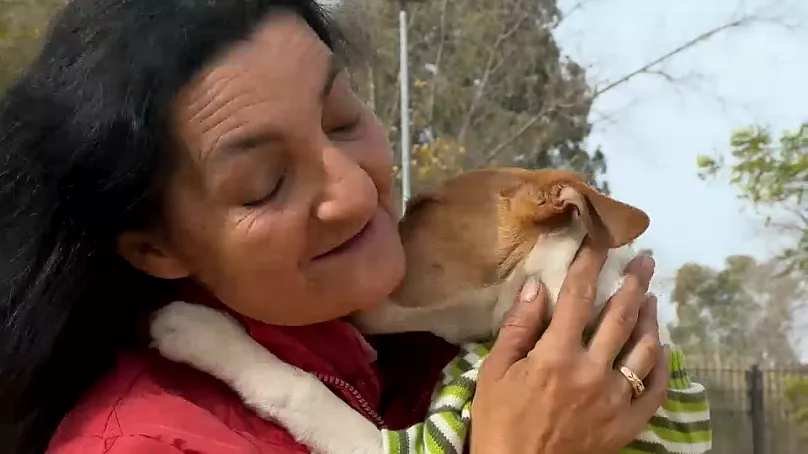
“Forty percent of women do not realize they are victims of abuse. We provide training to company staff so that they can act as agents of change against gender-based violence, identify invisible victims and help them break the silence. We are not the problem. We are part of the solution,’ says Ana Bella Estévez, another victim of domestic violence.
After fleeing her partner with her children following 11 years of abuse, she set up a foundation to help other women. The Fundación Ana Bella brings together 30,000 women in 82 countries to support victims of gender-based violence through legal and psychological support, as well as organising workshops on violence prevention.
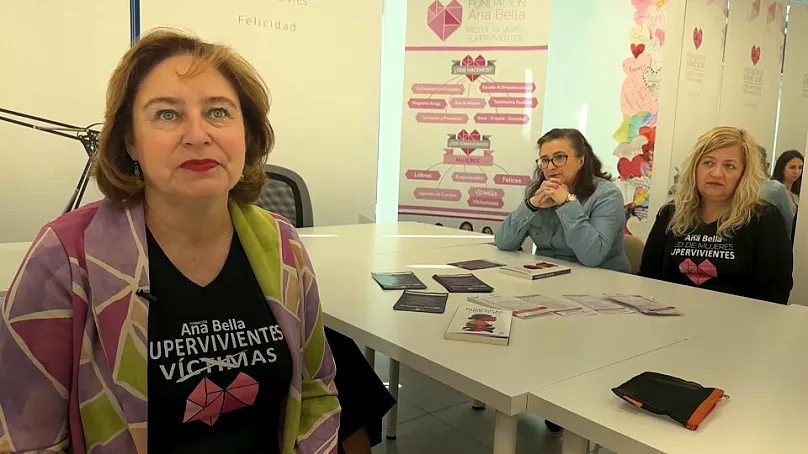
Insufficient resources to enforce legislation
The foundation’s lawyers told Euronews that while the Spanish laws on domestic violence are strong, there are not enough resources to properly enforce existing legislation. For example, right now 75,000 abused women need electronic monitoring devices to ensure special protection from their abusers, but only 3,500 devices are available.
The Observatorio contra la Violencia Doméstica y de Género states that more investment is needed to fund social, financial and psychological assistance for women, as insufficient resources lead many women to withdrawing their legal complaints.
Responsible masculinity
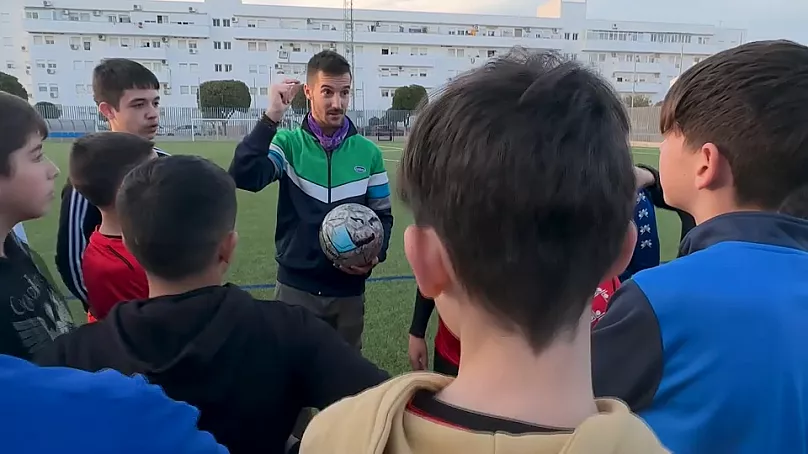
Education is also essential in the battle against violence perpetuated by toxic masculinity. According to David Cerón, an educator at the Fundación Iniciativa Social (FIS), who organises workshops on responsible masculinity, it does not matter how many laws are put in place, if nobody challenges aggressive behaviour.
Talking to a group of young boys, he explained: “There are boys who, as boys, believe they have a right to control girls and to exercise violence on women. Either this idea is changed by male teenagers themselves, or no law will change it.”
He added: “The sooner they begin to understand that it is not by exercising violence, that it is not by being stronger or flaunting their ‘machismo’, that they are more masculine, then little by little, they will develop a more equal and healthy outlook [on women]”.

